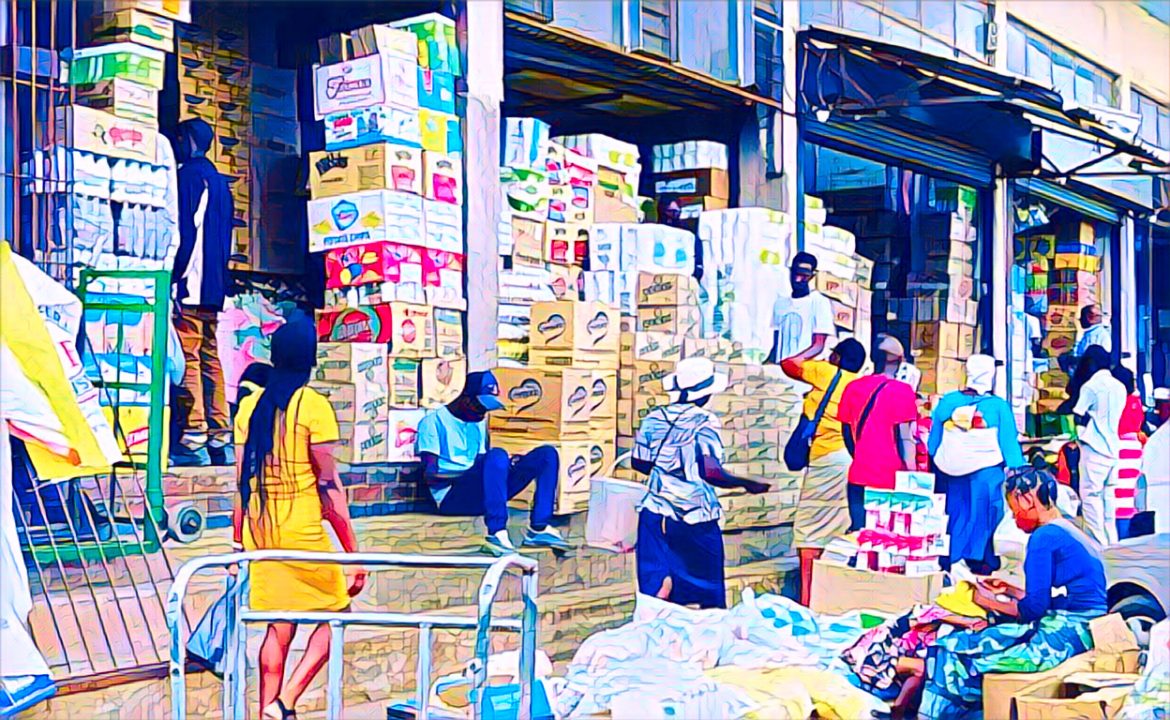KEY POINTS
- Informal jobs dominate Zimbabwe’s employment landscape.
- Innovation in the informal economy fosters community resilience.
- Policies must adapt to support the thriving informal sector.
Zimbabwe’s economy tells a story of resilience, ingenuity, and adaptation. With formal employment opportunities scarce due to decades of economic challenges, the informal economy has risen as the lifeline for millions.
From bustling marketplaces to home-run businesses, this sector not only sustains livelihoods but also drives innovation in ways that few could have imagined.
Why the rise of the informal economy in Zimbabwe matters
Zimbabwe’s informal sector is enormous, contributing over 60 percent to the nation’s GDP and employing an estimated 90 percent of the workforce.
In a country where formal jobs are rare, informal enterprises, ranging from street vending to small-scale manufacturing, are the backbone of economic survival.
Yet, this sector isn’t just about survival; it’s about resilience. By filling gaps left by the struggling formal economy, the informal sector empowers communities to thrive despite significant challenges.
Innovation fueling the informal economy
The ingenuity within Zimbabwe’s informal economy is nothing short of remarkable. Entrepreneurs are finding creative ways to meet demand despite limited resources.
For instance, informal traders are leveraging digital platforms like WhatsApp to market and sell goods, bypassing traditional business barriers.
Small-scale manufacturers are also making strides, producing essential items like furniture, clothing, and even renewable energy solutions.
These innovations aren’t just solving local problems, they’re fostering a spirit of self-reliance that keeps the economy moving forward.
Challenges and opportunities for the informal sector
Despite its importance, Zimbabwe’s informal economy faces significant hurdles.
Lack of access to capital, inadequate infrastructure, and inconsistent government policies hinder growth.
Many entrepreneurs operate without legal recognition, making it difficult to scale their businesses or access financial services.
However, these challenges also present opportunities. Policymakers can support the informal sector by providing microloans, simplifying tax regulations, and investing in infrastructure.
Recognizing the informal economy as a legitimate contributor to national development is key to unlocking its full potential.
Building a sustainable future for Zimbabwe’s economy
The rise of the informal economy in Zimbabwe proves the resilience of its people.
However, for this sector to truly thrive, it needs more than individual effort, it requires systemic support.
By fostering innovation, addressing barriers, and adapting policies, Zimbabwe can turn its informal economy into a powerful driver of sustainable growth.
The informal sector has become more than just a safety net; it’s the foundation of Zimbabwe’s economic recovery. With the right support, its potential is limitless.


